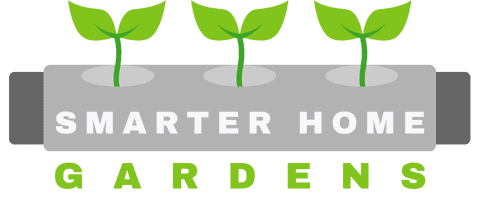
Growing and eating my first hydroponic produce (a little baby gem lettuce) was an immensely satisfying experience. It was so much fresher than anything I had previously purchased from the supermarket. Growing your own vertical food is certainly an achievement, but I’m not entirely convinced that hydroponic food tastes better. But, I was curious to know if it was actually healthier. So, I had to do some research.
As a general rule, hydroponically grown food is deemed healthier and safer to eat than soil-grown equivalents because it’s grown in a more controlled environment and requires little to no pesticides. However, nutritionally, hydroponic greens and vegetables often have the same amount of minerals and vitamins as those grown in soil.
But it’s not quite as simple as that. There are many variables that determine how healthy your veggies are. The types of plants, the growing method, environmental factors, light, pests and much more all play a part in how healthy your hydroponic harvest can be.
Let’s explore some of these factors to really understand whether hydroponics can consistently produce healthier food, or not.
Are hydroponic vegetables more nutritious?
Hydroponic vegetables can be more nutritious than their soil-grown counterparts because they do not tend to use a lot of pesticides or herbicides. However, this isn’t always the case. The real answer, like with so many things is: it depends. Let’s explore why.
Traditionally, plants get nutrients from the soil and any fertiliser contained therein. With Hydroponics, however, the veggies get nutrients from a solution of water and minerals.
Vitamins in hydropnics
Vitamin content is a key signifier of healthy plants. Dark, leafy greens like Kale are a great source of vitamins A, B2, B3, B6, B9, C, E, K, and Beta-Carotene, for example. However, vitamins are actually synthesised by the plant itself and are not generally influenced by the method of growing. So, whether plants are grown traditionally or hydroponically doesn’t really influence their vitamin content.
Minerals in hydropnics
On the other hand, minerals in hydroponic vegetables come from the solution they are grown in. Therefore, the grower can precisely control the mineral content in the water and ensure a consistent level of minerals within the plant.
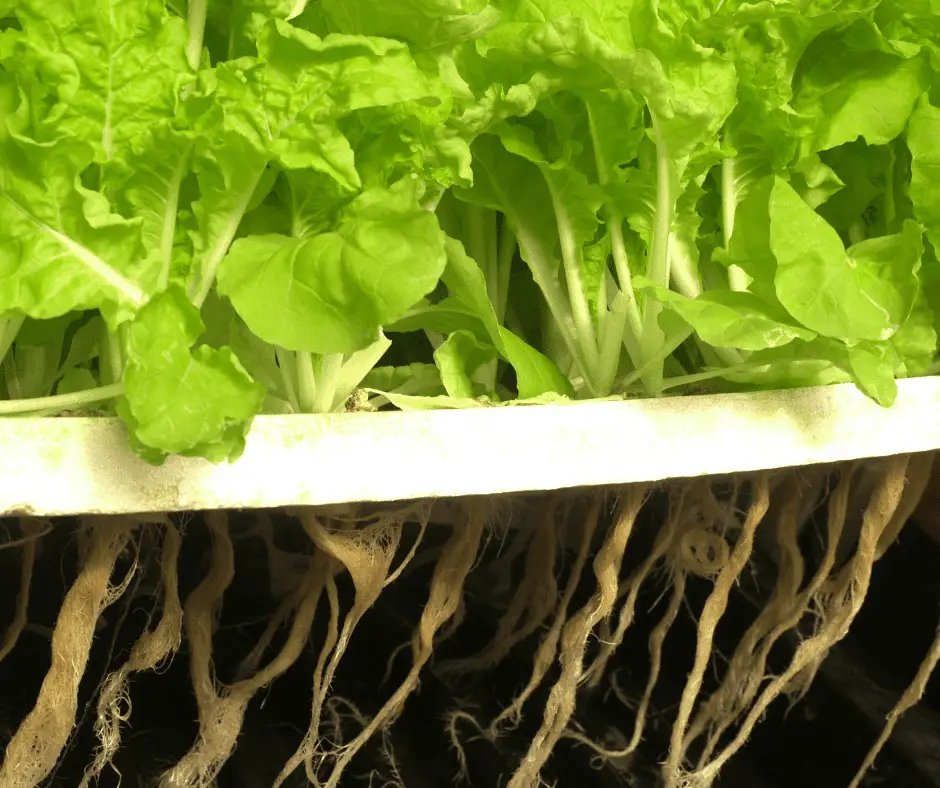
This is hard to do on soil because intense growing often depletes the soil of nutrients, forcing growers to use fertilisers which are often inorganic and prone to run-off. Hydroponic vegetables, in which nutrient-rich solution is applied in a more targeted manner, can register a higher mineral content.
That said, soil contains billions of microorganisms, which are the basis for a healthy microbiome or gut health. We’re yet to fully understand it, but the complex world of beneficial bugs and bacteria is something that may be difficult to replicate in hydroponics.
Moreover, an article in the Journal of Agricultural and Food Chemistry states that carotenoid (beta-carotene and lutein) content in hydroponic vegetables is significantly lower than that of conventionally grown vegetables.
While hydroponics may result in superior nutritional content compared to conventional growing, it is possible that consumers may be missing out on other unknown important factors directed through more natural growing that nature designed for our benefit.
Controlling plant stress
The amount of vitamins and other antioxidants in any one plant can vary. Plants are exposed to stress from diseases, intruders, nutrient deficiency or overload which can affect nutritiousness. Since hydroponic vegetables are (mostly) grown in protective environments, the plant suffers less from these stress factors. This means that they can contain more vitamins than soil-grown vegetables at the time of harvest.
It’s even possible to introduce stressors to the plants artificially which, in controlled environments, can have the effect of enhancing flavour.
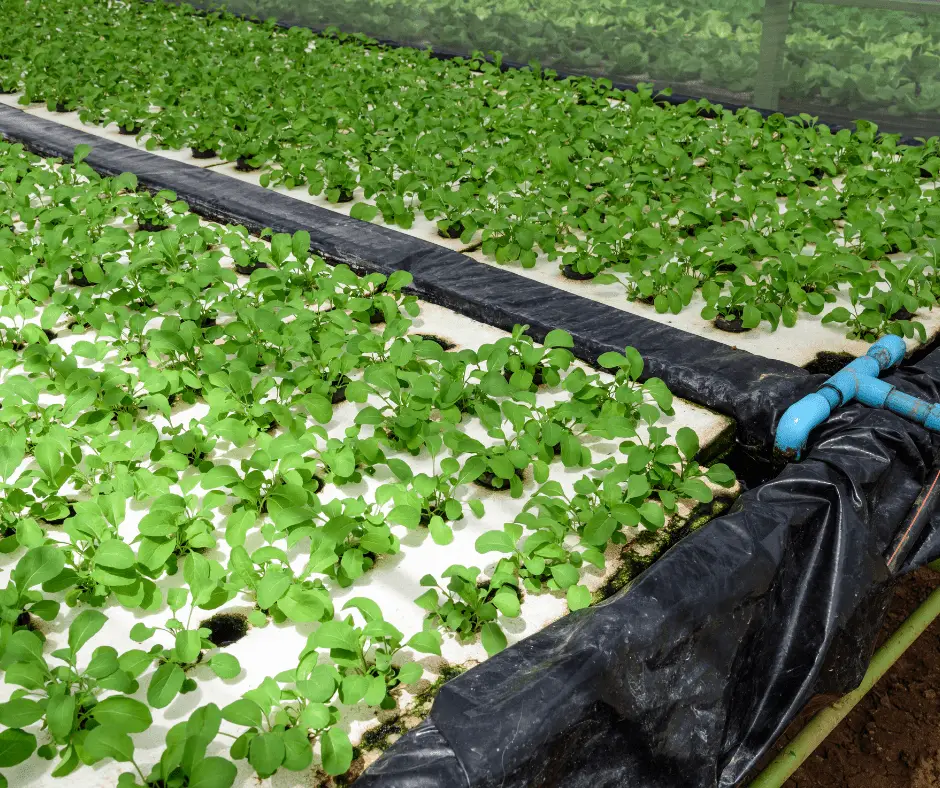
Are hydroponic vegetables safe to eat?
Hydroponic vegetables are safe to eat. Hydroponic growers use significantly fewer pesticides to protect the plants since there’s no soil and the plants are mostly grown indoors in controlled environments. This means hydroponic vegetables contain less pesticide residue than their soil-grown counterparts, and more often than not, none at all.
One potential issue regarding hydroponic vegetables, however, is salmonella contamination. The high humidity in hydroponic greenhouses can expose plants and vegetables to this contamination without proper care. However, washing the veggies thoroughly removes any bacteria on the surface, and so does cooking.
Do hydroponic vegetables use any pesticides?
While pest infestation is significantly reduced by the fact that hydroponic growing is soilless and usually conducted indoors. However, pesticides may still be used, albeit sparingly. This is because there are still pests and diseases that come from water and spread faster in greenhouses.
However, it’s not something that I have ever done or ever intend to do. I’m all about sustainability and organic produce.
Ideally though, because of these water-born issues, hydroponic vegetables should contain a very limited amount of pesticides for optimal growth. Many hydroponic farms use natural pest control methods such as planting companion crops and using lacewings or ladybugs to control pests, instead of chemicals. Many also use Neem Oil to prevent fungus, spider mites and other leaf diseases.
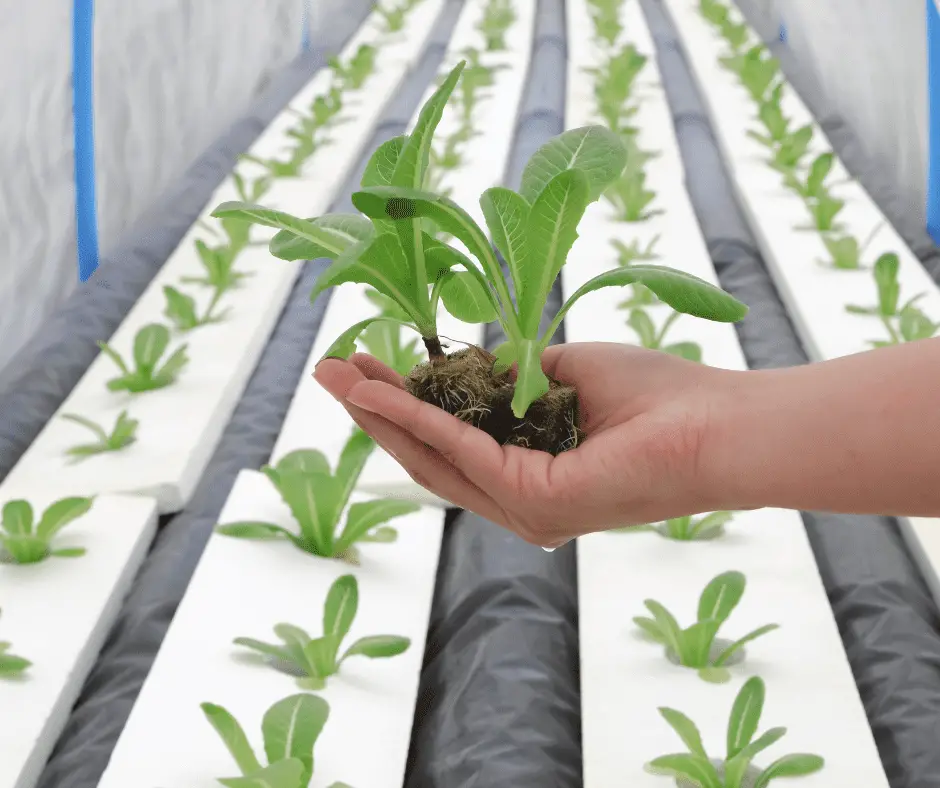
However, you can’t be sure of this when buying hydroponic vegetables at the supermarket. In Thailand, the Thailand Pesticide Alert Network reported that nearly two-thirds of hydroponic vegetables contain pesticides above the maximum residue limit.
The NGO tested 30 samples of vegetables labelled ‘hydroponic’ at fresh markets and supermarkets in Bangkok and its surroundings. 19 contained more pesticide than the maximum residue limit, and only eight were free of residue.
So, can hydroponic vegetables be organic?
Only a small number of commercial hydroponic systems are certified organic, but most are not. To be certified organic, a plant must be grown using a natural supply of nutrients and use safe pest and disease control methods.
To most people, organic means growing food without the use of synthetic pesticides or fertilisers and using seeds that are free of genetic modification. If this was the only definition, then most hydroponic systems would certainly be organic.
Using natural processes
However, organic also means using natural processes to provide nutrients to the plant. For example, in soil-based growing, plants rely on the soil and its microorganisms to break down compost or fertilisers into compounds they can utilise. In other words, you are actually feeding the soil and its organisms (earthworms and bacteria) and not delivering nutrients to the plants directly.
On the other hand, hydroponics deliver nutrients straight to the plant through the water. This is not organic by most definitions because the nutrient delivery was not ‘natural’. Moreover, the nutrients used in hydroponics may be organic, but they rely on refined mineral fertilizer, which makes it possible for the plant to absorb them.
This makes it difficult to certify hydroponically grown food as organic, even if no pesticides or herbicides were used.
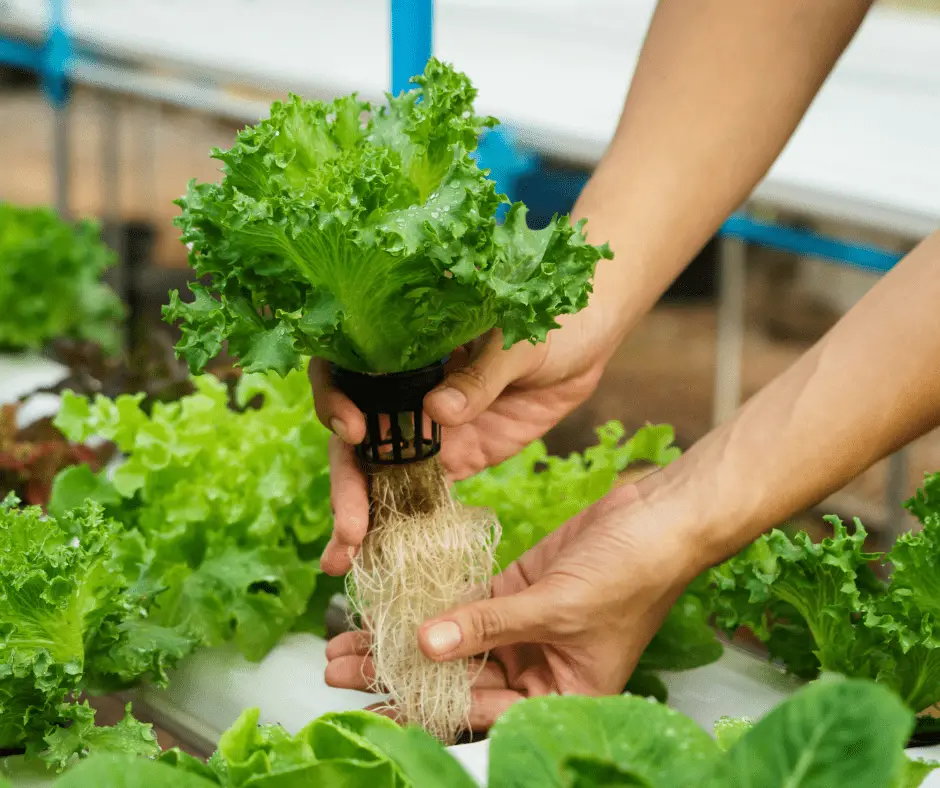
That said, soil is not the only natural medium for organic growing. Farmers who use fish tanks strung together with plants to create what is called an ‘aquaponic ecosystem’ may actually be defined as organic. You feed the fish with organic matter, and the fish creates nutrients that the plants feed on.
Are Hydroponic Vegetables Less Tasty than Soil Grown Vegetables?
No, hydroponic vegetables are just as tasty as their soil-grown counterparts. This was not always the case, though, because flavour comes from a certain balance of minerals that growers had yet to figure out when hydroponics came to the scene. Today, however, anyone can grow hydroponic food at home and there is no difference in taste.
Conclusion
Are hydroponic vegetables healthier than soil-grown vegetables? In some ways, yes, because it’s easier to control how much nutrients and stress the vegetables will get in hydroponics than in conventional soil-based growing. That said, soil has other healthy compounds that cannot be replicated in hydroponics except perhaps through aquaponics. So, overall, each method of growing has its benefits.
Regardless, I believe the hydroponic vegetables grown at home are far healthier than those I could buy at the supermarket. Though not technically ‘organic’, all my plants are pesticide free and better than farm fresh.
Be sure to check out my other articles on hydroponics to learn more about hydroponic growing.
